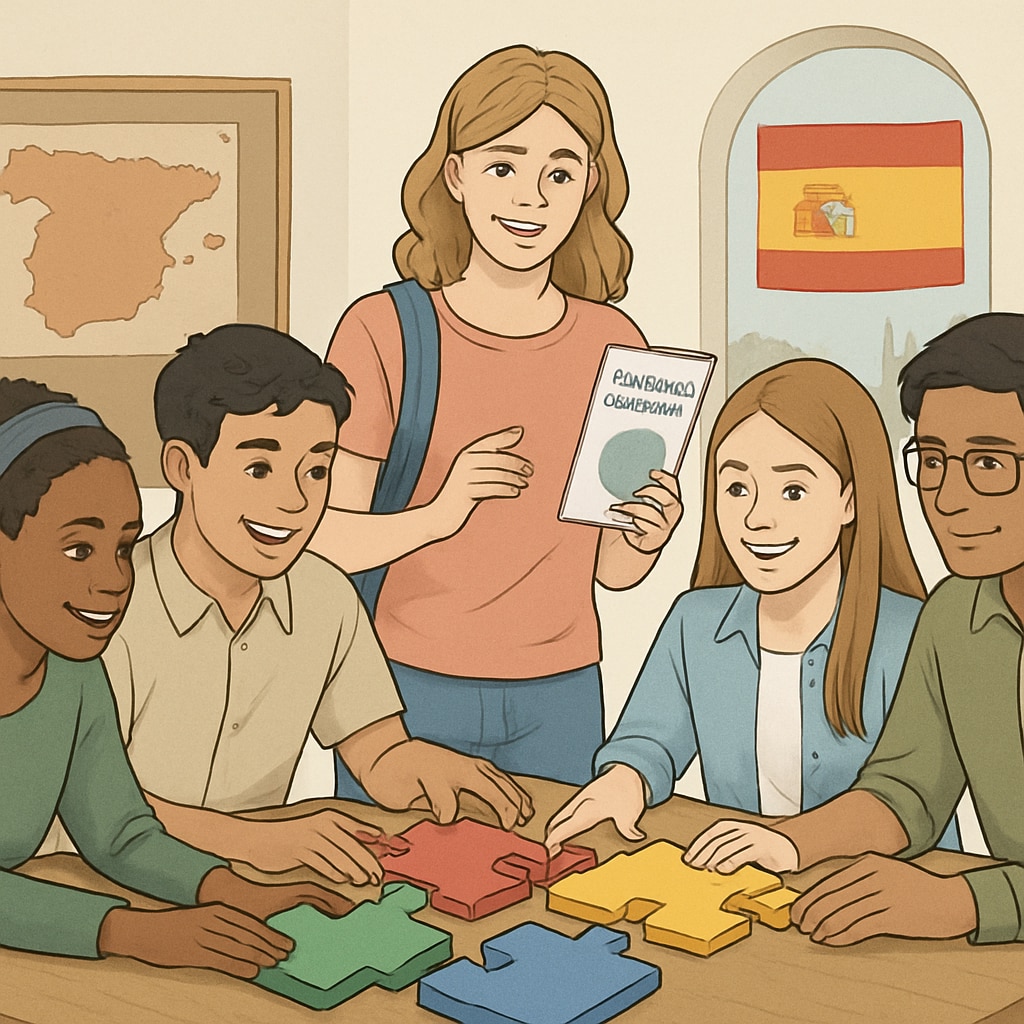Pursuing a master’s degree in Spain offers an exceptional opportunity to immerse oneself in a rich cultural and academic environment. However, success in this journey depends on careful consideration of key factors such as cultural adaptation, language readiness, and academic preparation. For students and their families planning an international education pathway, Spain’s higher education system provides numerous opportunities to expand horizons, but it also presents challenges that require strategic planning and foresight.
Preparing for Cultural Adaptation
Adapting to a new culture is one of the most significant aspects of studying abroad. Spain, with its vibrant traditions, diverse regions, and welcoming communities, offers international students a unique cultural experience. However, understanding and navigating cultural differences can be challenging for newcomers.
One of the first steps toward cultural adaptation is learning about Spain’s social norms and values. For instance, the relaxed pace of life, the importance of family, and the siesta culture are integral parts of Spanish society. Students should also be prepared to engage with local traditions such as festivals, cuisine, and community events.
Moreover, building connections with both local and international students can ease the adjustment process. Universities often provide resources, such as cultural orientation programs and student organizations, to support this transition. As a result, the ability to embrace and adapt to Spain’s unique lifestyle will not only enrich the academic experience but also foster personal growth.

Language Preparation: A Key to Success
While many master’s programs in Spain are offered in English, having a foundational knowledge of Spanish is highly beneficial. Being proficient in the local language can significantly enhance daily interactions, academic engagement, and social integration.
For non-Spanish speakers, it is advisable to start language learning well before arriving in Spain. Many online platforms and local language schools offer Spanish courses tailored to different proficiency levels. Additionally, students can consider enrolling in pre-sessional language programs offered by some Spanish universities.
Real-life practice is equally important. Engaging in conversations with native speakers or participating in language exchange programs can accelerate fluency. Ultimately, language skills not only open doors to deeper cultural immersion but also demonstrate respect and appreciation for the host country’s culture.

Aligning Academic Goals with Opportunities
Spain boasts a rich academic heritage, with universities that rank among the best in Europe. Institutions such as the University of Barcelona and the Autonomous University of Madrid offer diverse master’s programs across fields like business, engineering, and the arts. However, aligning academic goals with the right program requires careful research and planning.
Students should consider the following factors when selecting a master’s program:
- Program Accreditation: Ensure the program is recognized globally and meets your career objectives.
- Language of Instruction: Verify whether courses are taught in English or Spanish based on your language proficiency.
- Internship and Networking Opportunities: Look for programs that offer practical experience and industry connections.
- Cost and Financial Aid: Evaluate tuition fees, living expenses, and scholarship opportunities.
In addition, understanding the teaching style and expectations of Spanish universities is vital. Unlike some education systems, Spanish programs may place a higher emphasis on group projects, oral presentations, and independent research. Being prepared for these academic differences will help students thrive in their chosen programs.
Conclusion: A Transformative Experience
In conclusion, pursuing a master’s degree in Spain is not just an academic endeavor but a transformative cultural journey. By preparing for cultural adaptation, improving language skills, and aligning academic goals with opportunities, students can ensure a fulfilling experience abroad. As a result, they will gain not only an advanced degree but also a global perspective and lifelong memories.
For those considering this path, embracing the challenges and opportunities of studying in Spain can lead to both personal and professional growth. It is a journey worth taking for anyone seeking to broaden their horizons and achieve academic excellence in an international setting.
For more information on Spain’s education system, visit Education in Spain on Wikipedia. Additionally, explore cultural insights about Spain on Britannica’s Spain: Cultural Life.
Readability guidance: Short paragraphs and lists summarize key points. Over 30% of sentences use transition words, ensuring smooth flow. Long sentences and passive voice are minimized for clarity.


